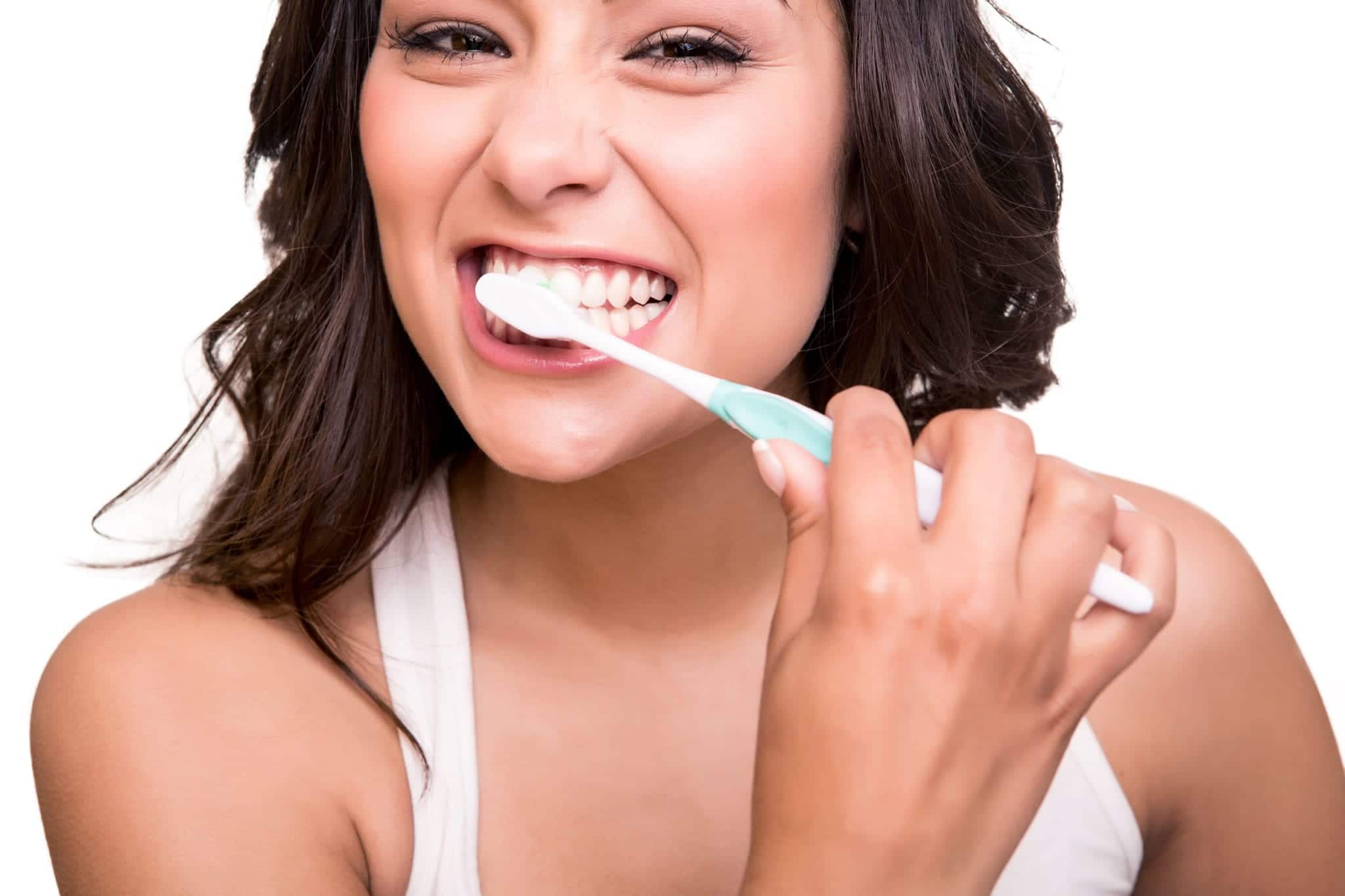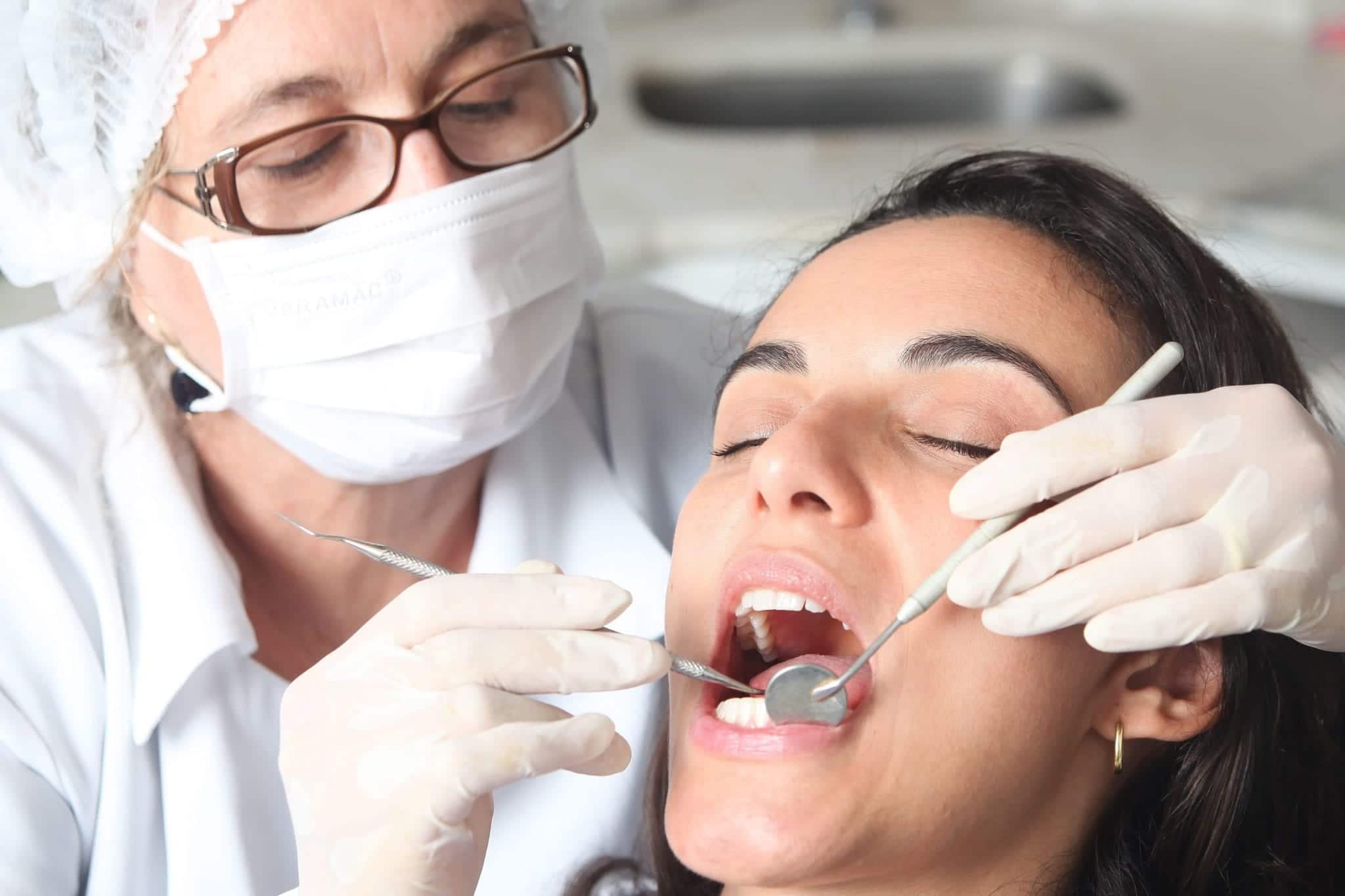
You’re doing a great job keeping up with good oral habits. You brush after every meal. You floss daily. You rinse with mouthwash. You go to regular dental visits.
Unfortunately, at your most recent visit, your dentist expressed concerns that you might actually be overdoing it. Your teeth show signs that you may be brushing too much, or too hard.
How is this possible?
According to a report in the Wall Street Journal, up to 20 percent of Americans have damaged their teeth or gums from over-brushing. Brushing too hard can wear the enamel from your teeth, which can cause sensitivity and make your teeth vulnerable to cavities. Damaged gums can cause tooth decay and tooth loss, along with infected roots. In the worst cases, people can even cause themselves to need oral surgery due to over-brushing.
To evaluate whether you are brushing too hard, look for the following characteristics, or consult your dentist if you need extra help determining the cause of the problem.
Check your toothbrush
Medium- or hard-bristled toothbrushes can cause damage. Change to a soft-bristled toothbrush with rounded bristle tips rather than straight tips for less friction. If your bristles are splayed out in a matter of weeks, it’s a sign that you’re brushing with too much pressure.
If it’s difficult to switch from your habit of using hard pressure, consider buying an electric toothbrush which has regulated pressure. Bonus feature: electric toothbrushes are preset to shut off after two minutes, so you are prevented from brushing too long.
Check your timing
If you brush more often than three times per day, try cutting back to only after meals. Brushing too often, even when you use the right pressure, can wear your enamel away and damage your gums. For a fresh mouth without brushing, try mouthwash, sugar-free gum, or mint-flavored tea.
Inspect your gums
Do your gums look healthy and pink, or have some paled and started pulling away from your teeth? Do they frequently bleed when you brush? These could be signs of gum disease, which can lead to lots of oral health problems.
Make an appointment with your dentist to learn what you can do to improve your gum health. They will help you know if over-brushing is causing your gums to suffer.
Pay attention to sensitivity
If you have suddenly developed a sensitivity to hot or cold foods, it may be a sign of over-brushing. When your enamel is worn away, the tooth’s sensitive nerve is more exposed and certain foods might trigger pain and discomfort. Cut back on your pressure and see if your sensitivity decreases, or switch to toothpastes that minimize sensitivity.
Use proper technique
Brushing with proper technique is important. Two to three minutes is the right length for a typical brushing session. Place your toothbrush on a 45-degree angle against your teeth. Use short strokes and a circular scrubbing motion, not a back-and-forth motion. Gently brush your gums as well.

Keep regular appointments
Make sure to keep up with your regular dental checkups. Your dentist will be able to see things that you may not notice, such as worn enamel and tooth decay. They can advise you on how to handle sensitivity issues and give you an evaluation on your brushing technique. Moreover, they will be able to detect cavities not visible to the naked eye, and alert you to early signs of gum disease. In short, your dentist will be able to recommend the best care possible for your teeth.






